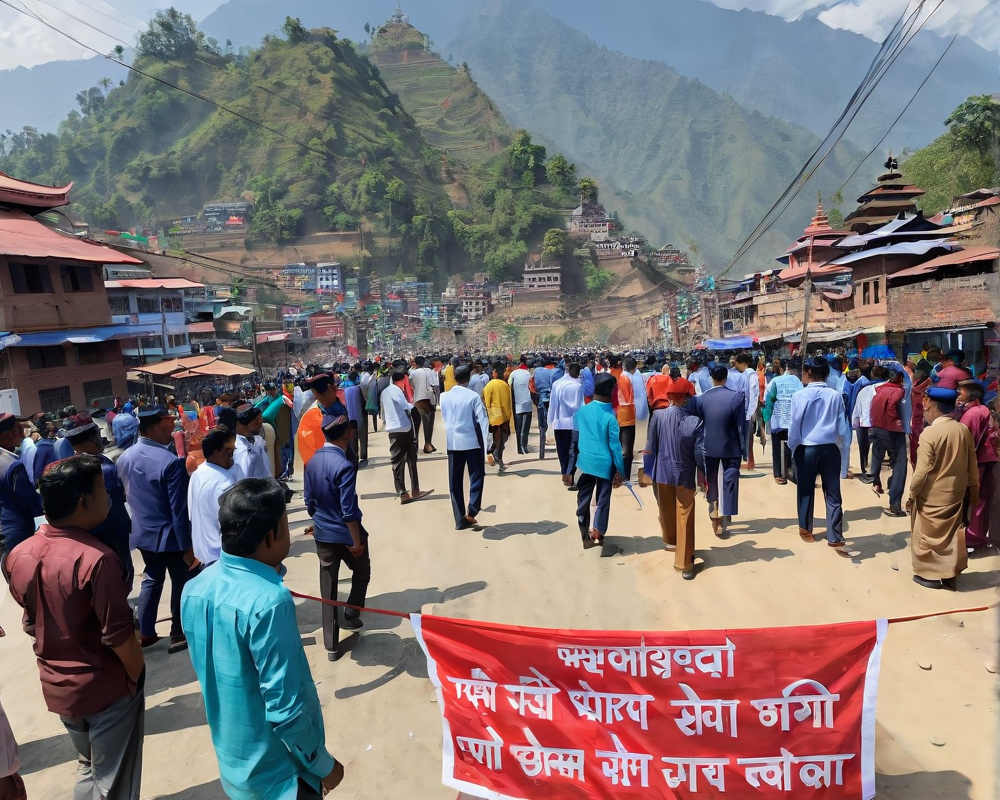The Great Quake and the Government’s Response
When disaster strikes, the response typically involves compassion and generosity. However, in Nepal, the government’s handling of relief efforts has taken an unexpected twist. Following the recent earthquake, all donations intended for those affected are now set to automatically flow into the Prime Minister’s Relief Fund, as directed by the Nepal Rastra Bank (NRB). This move has left many scratching their heads and raising eyebrows.
Seizing the Moment: What’s Behind This Decision?
Taking a page from U.S. politician Rahm Emanuel’s playbook, it appears the Nepali government sees this calamity not just as a crisis, but a golden opportunity. Emanuel once quipped, “You never want a serious crisis to go to waste.” Perhaps Ram Mahat, the finance minister, felt the same way—only instead of reforming the system, the focus shifted to personal bank accounts.
The Public Outcry
Of course, not everyone is pleased with this sudden financial maneuver. As the news broke, public outrage ensued, leading to statements from Nepali officials like Narayan Malego, who argued that the state was acting in the best interests of victims. He assured the public that the $%^&* funds would not be misused!
But Wait…Can We Trust This Bureaucracy?
The skepticism surrounding the Nepali government’s capability to handle these funds is not without merit. According to The Economist, the political landscape in Nepal is riddled with corruption and fraud. The findings suggest that funds often find their way into the pockets of powerful lobbies instead of reaching those who need it most, hinting at a troubling trend in disaster management.
Blockades and Bottlenecks
As if seizing donations wasn’t enough, reports indicate that the state has also implemented measures to block the distribution of aid altogether, further complicating the crisis. The Jackson Sun noted that critical items sent to help victims have been stalled at Nepali airports, leaving many questioning what “protecting the rights of victims” actually means in practice.
Bitcoin: A Liquid Alternative
In a stroke of irony, while the government proceeds with its questionable actions, cryptocurrency offers an appealing alternative for donations. Various Bitcoin funds for earthquake relief, run by reputable organizations, avoid the bureaucratic snares laid by the state. Initiatives from platforms like Cointelegraph and BitGive allow individuals to contribute directly to victims without the fear of funds being misappropriated.
Final Thoughts: Trust, Transparency, and Direct Aid
The situation puts an important question to all potential donors: Should you trust the governmental system that has historically faltered? With rumors swirling and trust plummeting, it might be wise to rethink donation strategies. After all, in a world where you can send funds directly to those in need, isn’t that the best way to ensure your generosity bears fruit?




